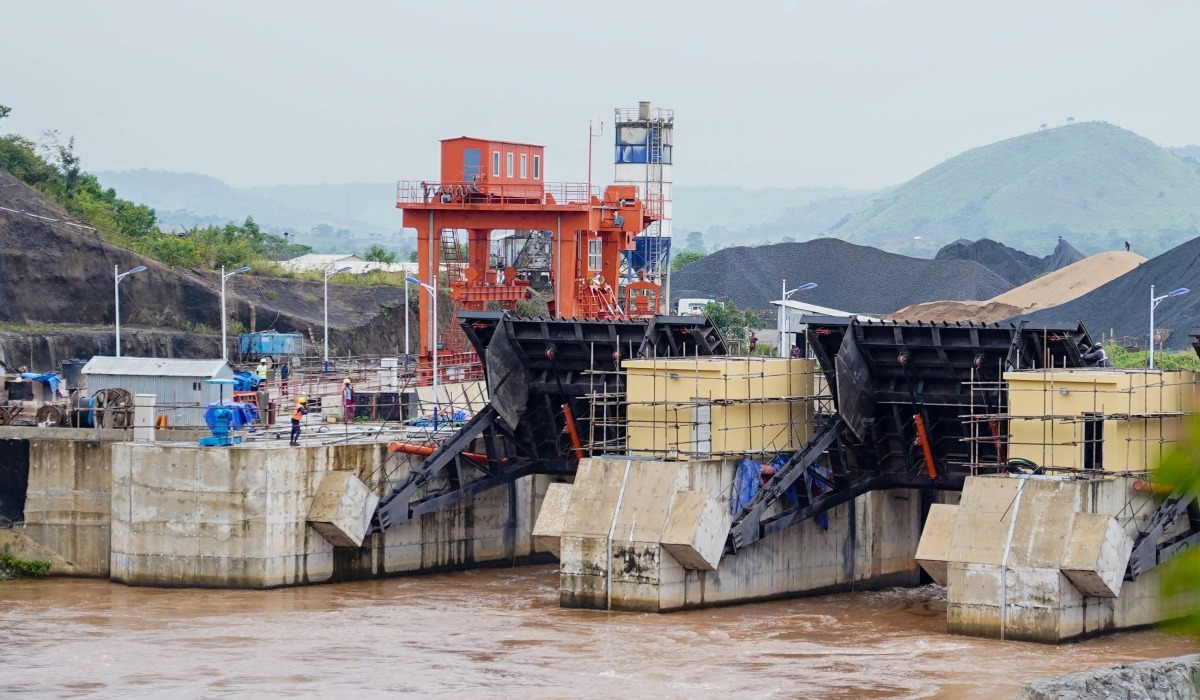Rwanda has made significant strides in its energy sector by closing down all diesel power plants in June of this year. The country has successfully expanded its hydroelectricity and methane gas sources, allowing these renewable energy sources to make a substantial contribution to the national grid.
Infrastructure Minister Jimmy Gasore announced in a recent media interview that two new power plants, the Rusumo Hydro Project and Shema Power Lake Kivu Ltd, have been inaugurated. This development has facilitated the decommissioning of diesel power plants.
The Rusumo Hydro Project, a joint initiative shared by Rwanda, Burundi, and Tanzania, is expected to generate 80MW upon full operation. Each country will receive approximately 26.6MW of electricity from the project. Shema Power Lake Kivu Ltd is a methane gas power plant aimed at generating 56MW.
Prior to the closure of the diesel power plants, Rwanda had five such facilities, which accounted for 26.76 percent of the country’s total electricity generation. Additionally, Rwanda had four thermal power plants utilizing alternative fuels like methane and peat, collectively generating 51 percent of the country’s electricity. However, these thermal power plants are expected to play a reduced role with the rise of renewable energy sources.
Diesel power plants were deemed expensive to operate due to high fuel consumption. Felix Gakuba, the Managing Director of the Energy Development Corporation Limited (EDCL), stated in an earlier interview that the diesel plants would be phased out once the Rusumo Hydro Project became operational.
With the expansion of renewable energy sources, the government aims to lower electricity prices in the near future. Gasore encouraged the use of electric vehicles, emphasizing that Rwanda has enough electricity to meet the demand, as it is not reliant on imports from countries like Saudi Arabia or Russia, as is the case with petroleum products.
Furthermore, Rwanda has plans to harness solar energy. The country has a significant solar energy potential, with approximately 4.5 kWh per m2 per day and five peak sun hours. Currently, Rwanda has a total on-grid installed solar capacity of 12.230 MW from five solar power plants.
The Rwandan government intends to increase the number of solar power plants to reduce production costs and take advantage of the abundant renewable energy sources available within the country. These developments signify Rwanda’s commitment to a sustainable and greener energy future.


